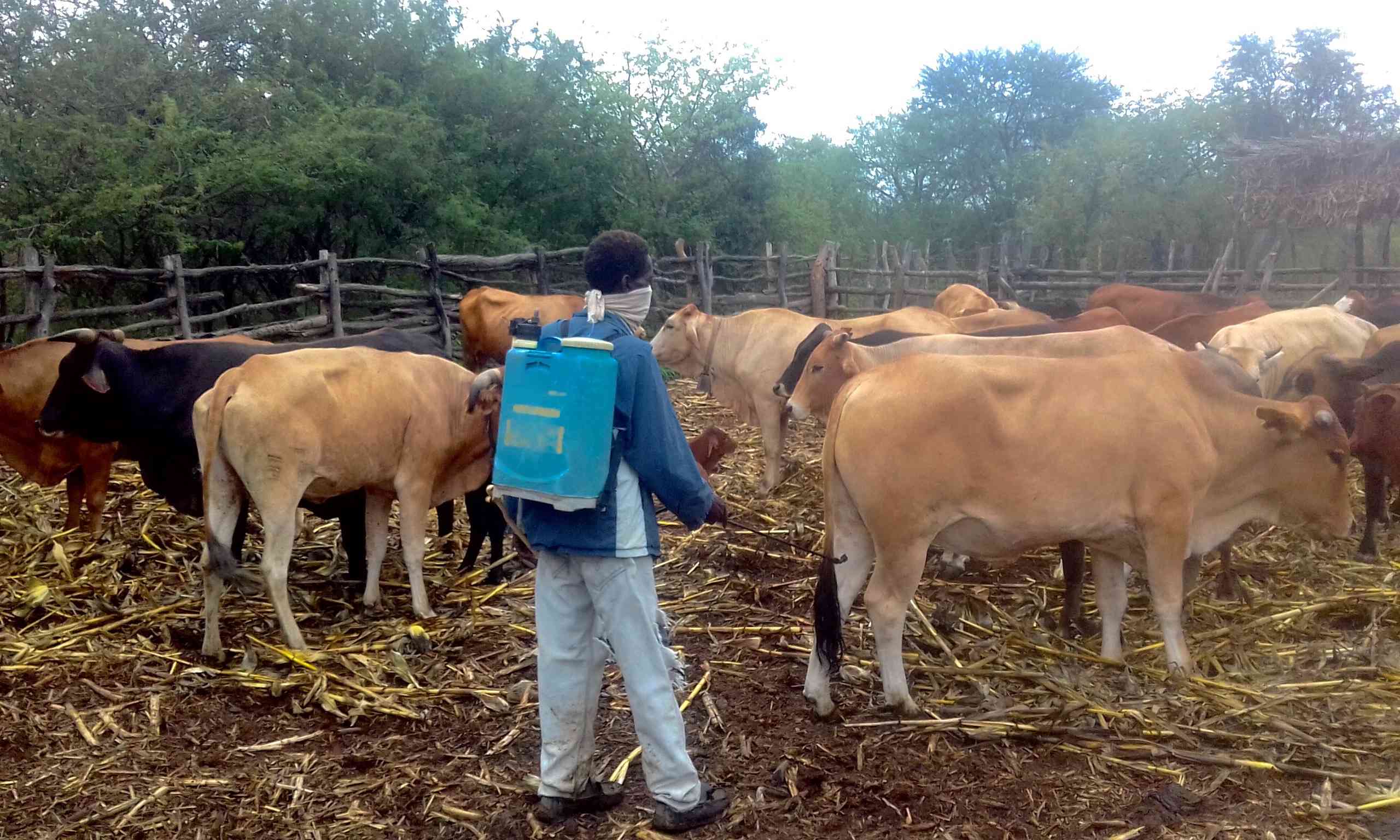
THERE are some treasures we must defend at all times with all our might.
Such treasures, like our national herd, are sacrosanct and define who we are as people.
Once lost, they are very difficult to regain.
The climate conditions in 2023 and diseases that affect cattle have been ravaging livestock farming. More than a quarter of the national herd was lost to January Disease.
The national herd stands at five million. As the effects of the drought brought on by climate change become more apparent, livestock are now dying of starvation and thirst just when we thought the ship had stabilised.
The situation in Matabeleland, as far as cattle farming is concerned, is getting out of hand.
Cattle are dying like flies with each passing day because of water challenges.
Sadly, the farmers are doing nothing. As usual, they are waiting for the government to do something.
- Mavhunga puts DeMbare into Chibuku quarterfinals
- Bulls to charge into Zimbabwe gold stocks
- Ndiraya concerned as goals dry up
- Letters: How solar power is transforming African farms
Keep Reading
More than ever, as a nation, we need to appreciate farming as a business, even communal farming.
Communities need to organise themselves to come up with solutions. It would be a noble idea to sell 10 cattle in a ward and drill a borehole rather than to watch cattle die as people wait for government to do something.
Yes, the government may eventually do something but red tape, politics, protocols and procedures mean that the State will take longer to be on the ground.
Worse still, politicians do not arrive early in a crisis; they actually wait for a situation to deteriorate so that they step in and then be appreciated for having done something.
But unfortunately, it is the families that are losing cattle daily, not the government.
Douglas Nyathi of Malundi Brahman stud says the government, as policy initiator, needs to conscientise communal farmers to let go of traditional means of farming and view it as a business.
"Next year in January, we are going to be in a deep crisis because right now, we are rearing a problem where cattle are dying every day while we wait for the government to do something,” he said.
"I urge farmers to sell off part of their herds to look after a few instead of watching all of them die of hunger and thirst.
"As a matter of urgency, the government needs to accelerate the borehole drilling exercise in dry areas so that cattle can have water to drink," Nyathi said.
As a long term measure, he said the government, through extension services, must encourage communal farmers to grow grass.
"The grass density has drastically decreased; we need to find methods of ensuring that we have more grass for every square metre. Currently, when the rains fall and we unleash our cattle, they easily overgraze because there is low grass density," he said.
Nyathi also urged the government to take a leaf from the Botswana government, which provides incentives to all farmers.
He bemoaned the Zimbabwe situation, where only cotton, maize, tobacco and a few other crop farmers are assisted by the government in their operations.
The beef industry is facing a plethora of problems, which include stock theft, inbreeding and the fact that the grading system in the market forces the farmer to surrender his cattle to middlemen, makes it worse.
Gwabanayi is a practising journalist and a farmer in his own right. — 0772 865 703 or [email protected]











